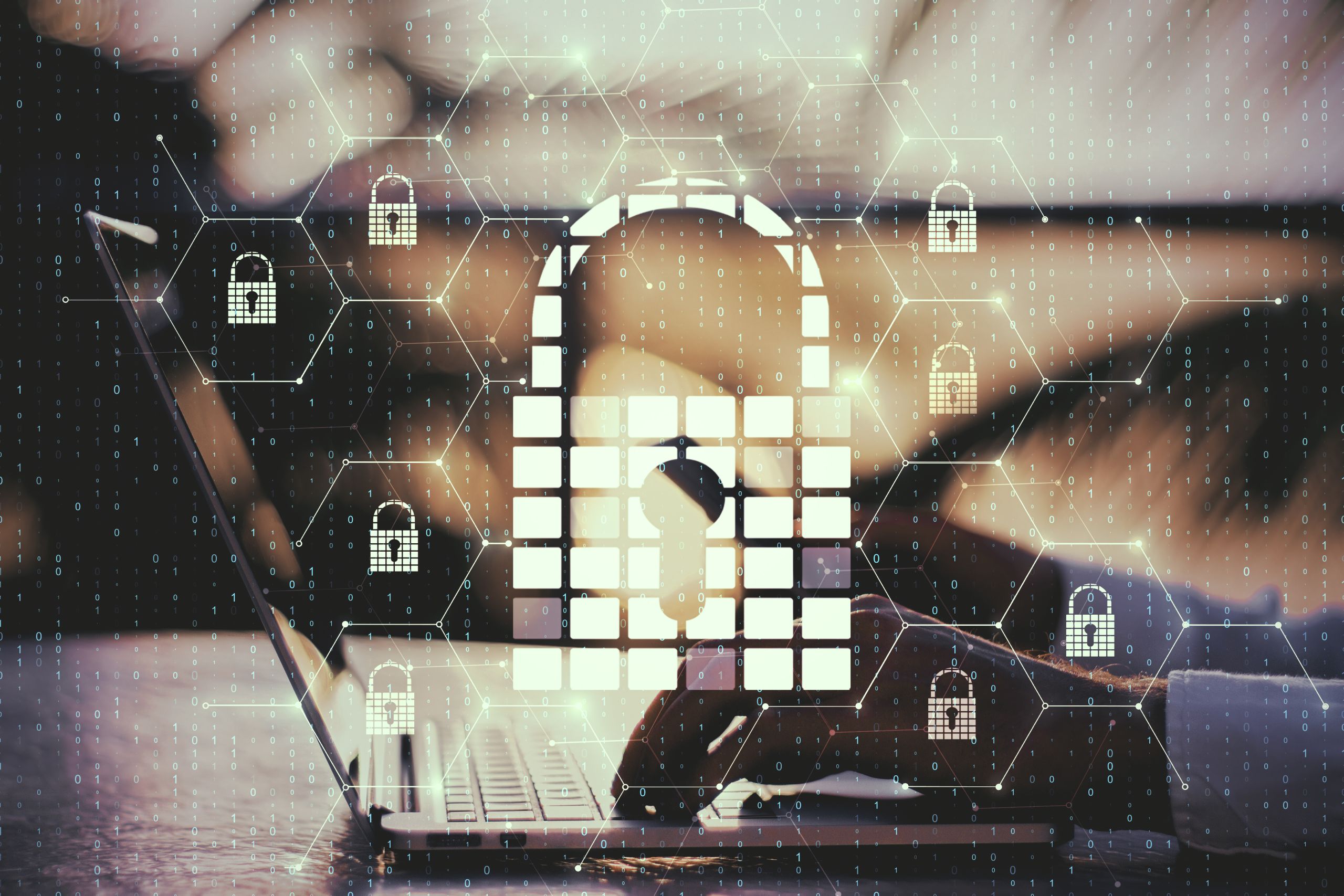No products in the basket.

Home » Why Firewalls and Gateways are Your First Line of Defence in Cybersecurity
In the journey towards Cyber Essentials certification, understanding the role of firewalls and gateways is crucial. They form one of the Cyber Essentials’ Five Key Controls, and their proper configuration can significantly reduce the risk of network compromise. Let’s dive into what firewalls and gateways are and why they’re so important.
Importance of Firewalls and Gateways:
Firewalls’ Role:
Types of Firewalls:
Gateway Significance:
Security Best Practises:
Preparing for Cyber Essentials:
A firewall, in simple terms, is your network’s gatekeeper. It’s a software or hardware-based barrier that controls incoming and outgoing network traffic based on an applied rule set. It blacklists unwanted traffic and whitelists the desired one, acting as a first line of defence against external threats.
Types of Firewalls: Host-Based vs Network-Based While the purpose remains the same, firewalls come in two main types:
The Role of Gateways in Network Security Gateways are the nodes that connect disparate networks, enabling data flow and communication. They can be hardware devices or software programmes and are essential for both internal and external network communications. However, their security is paramount to prevent unauthorised access to your network.
To keep your firewalls and gateways secure, consider the following steps:
When gearing up for your Cyber Essentials assessment, ensure your firewalls and gateways meet these key criteria:
By following this guidance, not only will you enhance the security of your organisation’s firewalls and gateways, but you’ll also be well-prepared for a Cyber Essentials assessment. Remember, a well-configured firewall and secure gateway are your first steps towards robust cybersecurity.
| Cookie | Duration | Description |
|---|---|---|
| cookielawinfo-checkbox-analytics | 11 months | This cookie is set by GDPR Cookie Consent plugin. The cookie is used to store the user consent for the cookies in the category "Analytics". |
| cookielawinfo-checkbox-functional | 11 months | The cookie is set by GDPR cookie consent to record the user consent for the cookies in the category "Functional". |
| cookielawinfo-checkbox-necessary | 11 months | This cookie is set by GDPR Cookie Consent plugin. The cookies is used to store the user consent for the cookies in the category "Necessary". |
| cookielawinfo-checkbox-others | 11 months | This cookie is set by GDPR Cookie Consent plugin. The cookie is used to store the user consent for the cookies in the category "Other. |
| cookielawinfo-checkbox-performance | 11 months | This cookie is set by GDPR Cookie Consent plugin. The cookie is used to store the user consent for the cookies in the category "Performance". |
| viewed_cookie_policy | 11 months | The cookie is set by the GDPR Cookie Consent plugin and is used to store whether or not user has consented to the use of cookies. It does not store any personal data. |

